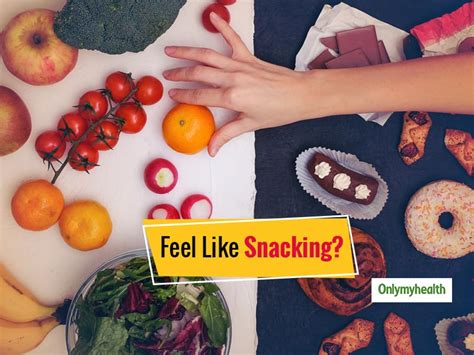In the bustling college environment, maintaining a healthy diet can be a challenge. Between classes, extracurricular activities, and late-night study sessions, finding time for nutritious snacks can be difficult. However, fueling your body with the right nutrients is essential for academic success and overall well-being.

Why Healthy Snacks Matter
-
Improved Cognitive Function: Research from the Harvard T.H. Chan School of Public Health indicates that consuming healthy snacks, such as fruits, vegetables, and nuts, can enhance memory, attention, and problem-solving skills.
-
Sustained Energy Levels: Avoid energy crashes by choosing snacks that provide a slow and steady release of carbohydrates. This helps maintain blood sugar levels and supports focus throughout the day.
-
Reduced Risk of Chronic Diseases: Regularly incorporating nutrient-rich snacks into your diet can contribute to a reduced risk of developing cardiovascular diseases, obesity, and other health conditions, according to the Centers for Disease Control and Prevention (CDC).
Smart Snacking Options
-
Fruits: Apples, bananas, berries, and citrus fruits are excellent sources of vitamins, minerals, and antioxidants.
-
Vegetables: Packaged carrot sticks, celery with hummus, or fresh vegetable salad provide hydration, fiber, and essential nutrients.
-
Dairy Products: Yogurt with berries, low-fat cheese sticks, or milk are rich in protein, calcium, and bone-building nutrients.
-
Whole Grains: Whole-wheat bread or crackers paired with peanut butter, tuna, or hummus offer fiber, vitamins, and minerals.
-
Nuts and Seeds: Almonds, walnuts, and sunflower seeds provide healthy fats, fiber, and essential vitamins.
Step-by-Step Snacking Guide
1. Plan Ahead: Set aside time each week to plan your snacks and grocery shop accordingly. This reduces the likelihood of unhealthy choices when you’re pressed for time.
2. Convenience: Pack snacks in reusable containers or bags to make healthy options easily accessible when you’re out and about.
3. Small and Frequent: Opt for small, balanced snacks throughout the day to avoid overeating and maintain energy levels.
4. Variety: Include a variety of snack options to ensure you’re getting a wide range of nutrients.
Pros and Cons of Snacking
Pros:
- Increased nutrient intake: Snacks can supplement your main meals and provide additional vitamins, minerals, and fiber.
- Improved mood and energy levels: Healthy snacks can help regulate blood sugar levels and prevent fatigue.
- Reduced cravings: Snacking regularly can prevent excessive hunger and reduce cravings for unhealthy foods.
Cons:
- Potential for weight gain: Unhealthy snacks high in calories, fat, and sugar can contribute to weight gain if consumed excessively.
- Dental health issues: Sugary or acidic snacks can contribute to tooth decay and other dental problems.
- Time constraints: Finding time to prepare and pack healthy snacks can be a challenge for busy students.
Conclusion
Snacking can be a beneficial part of a college student’s diet when done wisely. By choosing nutrient-rich snacks and following a balanced approach, you can support your academic performance, overall health, and well-being. Remember, healthy snacking should be a complement to nutritious meals, not a replacement.
